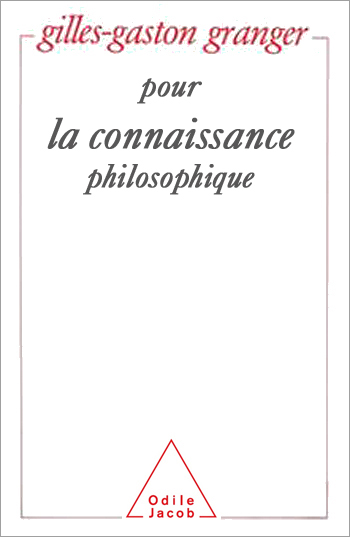Human Sciences All books
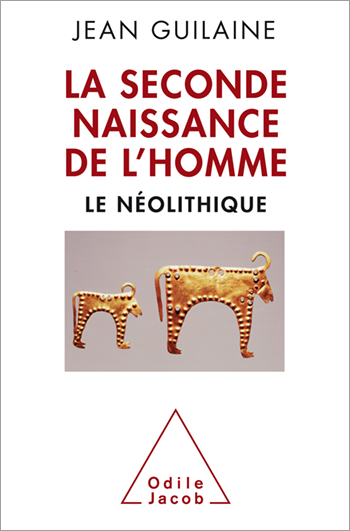
Jean Guilaine
Humanity’s Second Birth The Neolithic Revolution
The Neolithic Revolution, a major turning point in the history of humanity
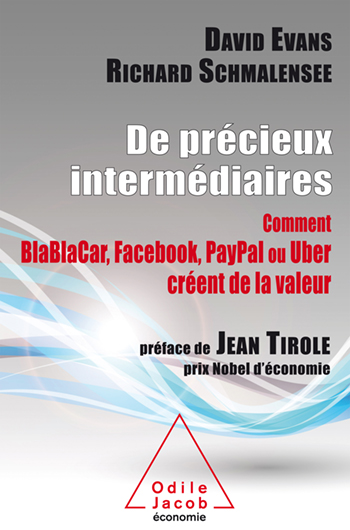
David Evans, Richard Schmalensee
The New Middlemen How Airbnb, BlaBlaCar, Uber and the rest are changing the economy
“Stimulating and rigorous, everyone — students, entrepreneurs and all those who just want to understand how our economy is evolving — should read this book.” Jean Tirole. The book masterfully articulates a strategic analysis of economic theory, making it far easier to grasp.
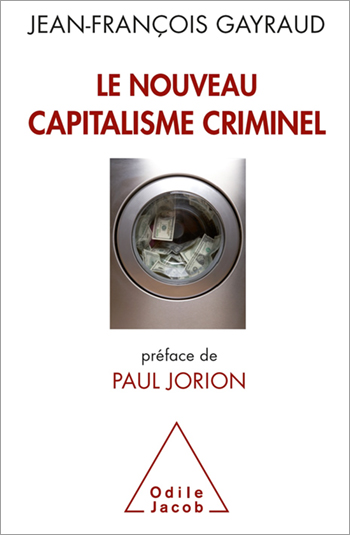
Jean-François Gayraud
A New Criminal Capitalism Financial crises, money laundering, high-frequency trading
How crime creeps into the heart of the global financial system — and perverts it
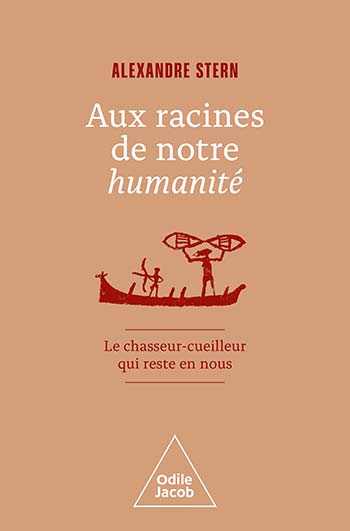
Alexandre Stern
Who Are You, Homo sapiens? Understanding Our Nature In Order to Live Better
After telling how the art of cooking had humanized, civilized our ancestral apes, Alexandre Stern explores the roots of our humanity to better examine our modern practices and ways of life.
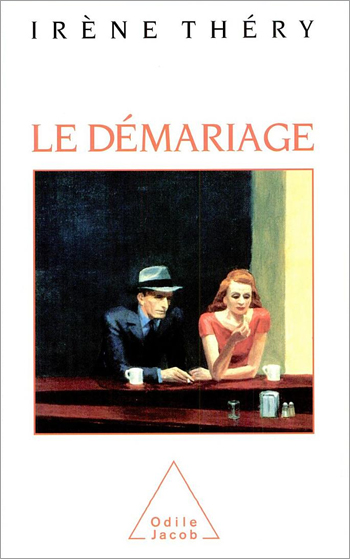
Irène Théry
From Marriage to Divorce Justice and Private Life
Can dual parental responsibility outside marriage be recognized as a principle by law? I. Théry believes that all controversies on divorce are basically debates on marriage. Our representations of the relationships between the individual and society, the private and public realms, are destabilized in this insecure period of unmarriage . The psycho-social drift of justice increases further when we consider the true sufferers of divorce court battles: the children.
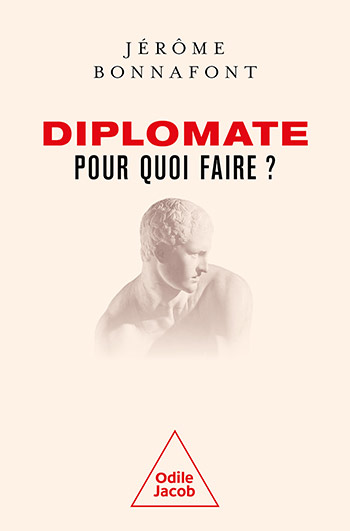
Jérôme Bonnafont
Diplomats: What We Do
A remarkable analysis of the various aspects of diplomatic service and decision-making, and of the levers of national and international power.
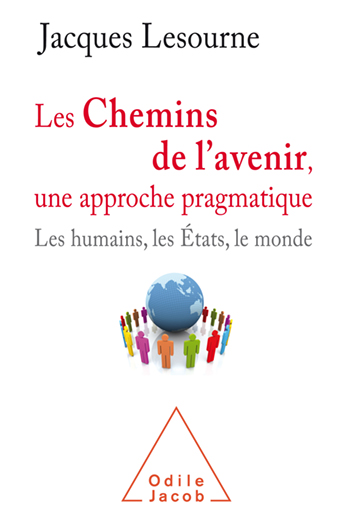
Jacques Lesourne
A Pragmatic Approach to the Way of the Future How can we innovate and bring about change in society?
The originality of the author’s method, i.e. drawing the outlines of the world of tomorrow, and based on this futurist perspective, defining the changes that need to be made.

